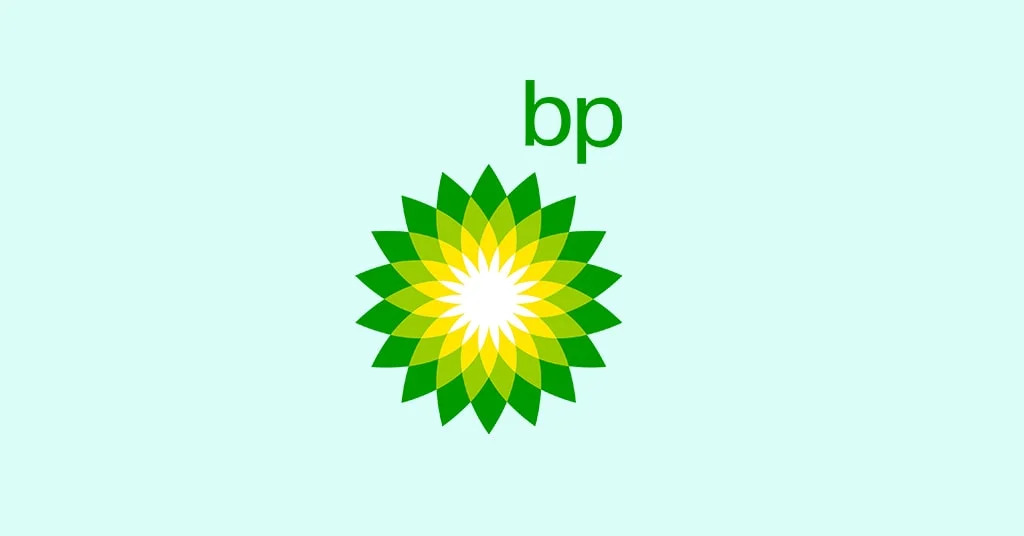Welcome To ChemAnalyst

In 2023, bp's profits saw a significant decline, halving to $13.8 billion, primarily due to lower energy prices. However, the multinational energy group found some solace in the resilience of the gas sector, which helped support its overall business.
Despite the challenging economic environment, bp's LNG portfolio witnessed a notable increase, rising by 4 million tonnes per annum (Mtpa) to reach 23 Mtpa. Additionally, the supply and production volumes of biogas surged by 80% and 18% respectively. Moreover, the hydrogen pipeline expanded to 2.9 Mtpa, up from 1.8 Mtpa in 2022.
However, the gas sector faced its share of commercial pressures amidst the wider market challenges. The total adjusted EBITDA for gas and low-carbon energy stood at $14.76 billion in 2023, down from $21.07 billion in the previous year. In the fourth quarter of 2023 alone, the adjusted EBITDA for these sectors totaled $3.4 billion, a decrease from $4.5 billion year-on-year. Overall, the fourth-quarter profit amounted to $3 billion.
Despite the financial challenges, 2023 was marked by strong operational performance across bp's business segments. The company's strategic focus remains unchanged, transitioning from an International Oil Company (IOC) to an Integrated Energy Company (IEC), with a concentrated effort on enhancing the overall value proposition.
In the realm of hydrogen, bp's strategy for the decade involves prioritizing blue hydrogen and the decarbonization of its refineries. Simultaneously, the company is laying the groundwork for green hydrogen production towards the latter part of the decade.
On December 5th, bp announced a restructuring of the ownership and commercial framework of the Atlantic LNG joint venture, in collaboration with partners Shell and the National Gas Company of Trinidad & Tobago. This restructuring aims to provide the necessary certainty for sanctioning the next wave of upstream gas projects and securing long-term LNG equity offtake for shareholders, including bp.
Furthermore, in Senegal, the government approved bp's exit from the Cayar Offshore Profond production sharing contract, designating Kosmos Energy as the Operator of the Yakaar-Teranga gas resource.
In November, bp entered into a nine-year sales and purchase agreement (SPA) with State-owned Oman LNG to procure one million Mtpa of LNG starting in 2026. Additionally, production commenced at the Seagull oil field in the North Sea, with expected peak production of 50,000 barrels of oil equivalent (boe) gross per day.
Moreover, the Tangguh LNG facility in Papua Barat, Indonesia, saw the loading of the first LNG cargo produced by its new third liquefaction train in October.
BP's renewables pipeline also witnessed significant growth, reaching 58.3 gigawatts (GW), up from 37.2 GW in 2022. During the quarter, the company secured funding confirmation from the US Department of Energy for the MachH2 Hub hydrogen project in the US Midwest. Additionally, bp and Equinor signed an agreement to restructure their investments in their US offshore wind projects. Pending approvals, bp will assume full ownership of the Beacon projects, while Equinor will take control of the Empire projects. bp also expressed its intention to independently pursue future US offshore wind opportunities. Furthermore, bp expanded its presence in the energy market by acquiring GETEC Energie, a prominent independent supplier of energy to commercial and industrial customers in Germany.
Looking ahead, bp has budgeted capital expenditure of around $16 billion per year for 2024 and 2025, signaling its commitment to continued investment and growth initiatives.
We use cookies to deliver the best possible experience on our website. To learn more, visit our Privacy Policy. By continuing to use this site or by closing this box, you consent to our use of cookies. More info.
